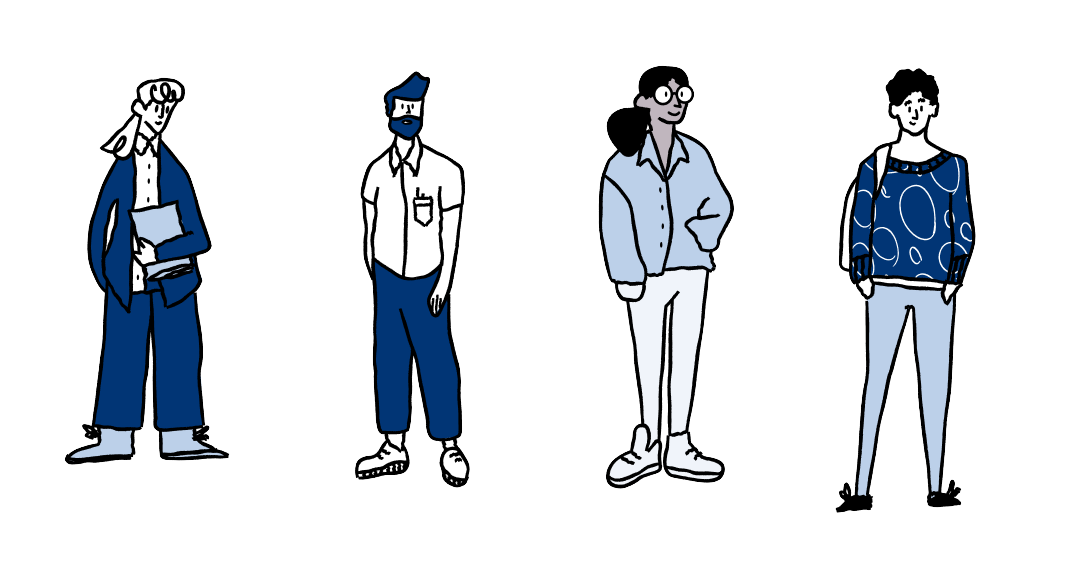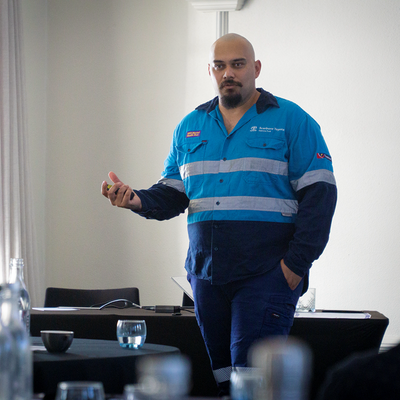Common relationship problems
While any type of relationship can impact how we feel, our intimate relationships tend to have the biggest influence. This is why it can be so overwhelming when a relationship with a partner is continuously problematic or if it ends altogether.
If you’re experiencing problems, one of the first steps you can take when thinking about working on them or ending your relationship is understanding what a happy and healthy relationship looks like.
- Happy and healthy relationships are those with:
- Open and honest communication
- Mutual trust and respect
- Independence
- Mutually respected boundaries
- Shared values
- Space for difficult conversations
- Safe emotional and physical connection.
When something feels wrong in a relationship, it’s usually because one or more of the above has been damaged or is missing entirely.
Common relationship problems
Feeling unhappy or unsettled in your relationship can take a big toll on your mental health and wellbeing.
On top of potentially feeling sad, worried, or angry, relationship problems can also leave you feeling frustrated and confused because it’s not always easy to link your feelings to a specific cause.
A lot of things can cause problems in relationships, including past relationships, dishonesty, broken trust, financial stress, and communication challenges.
Scroll down to learn more about common relationship problems.
- Early relationship experiences
Our earliest relationships, especially the ones we formed with our parents or caregivers, play a big role in how we relate to others.
If we grow up without strong family connections, it can mean that we aren’t exposed to the skills and qualities it takes to maintain healthy relationships.
Early relationship role models can help us learn how to:
- Disagree respectfully
- Resolve disputes without anger
- Apologise if we regret how we behaved
- Express our feelings and needs
- Set and maintain boundaries.
- Past intimate relationships
- Communication challenges
- Issues with boundaries
- Finances
- Codependency
- Cheating
- Long-distance relationships
- Domestic and family violence
It's not always easy to know if there's a problem with your relationship.
Visit our signs and effects page to learn about things you can look out for.
If you feel like you’re experiencing domestic and family violence, you deserve support and there are people who want to help.
You can call the Domestic and Family Violence Helpline on 1800 737 732 anytime. And remember, Lifeline is always here. If life is in danger, call 000.
Click here to download, save, or print our relationships fact sheet.






